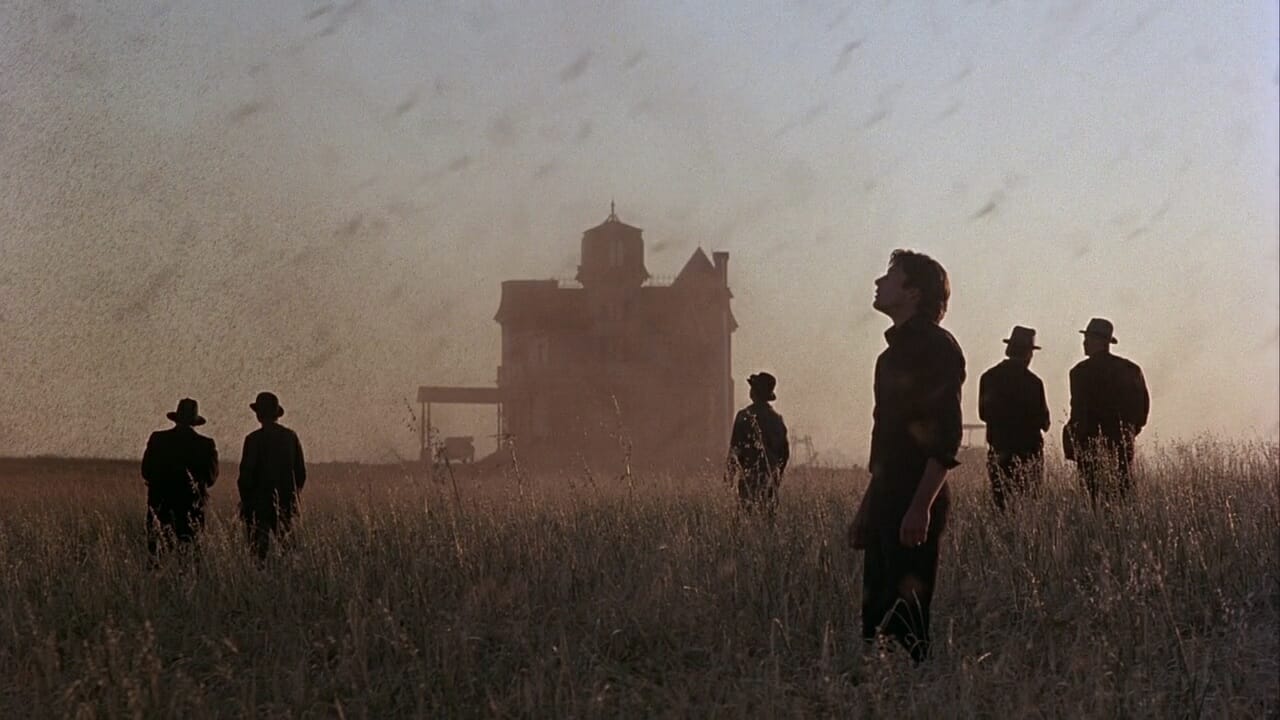-
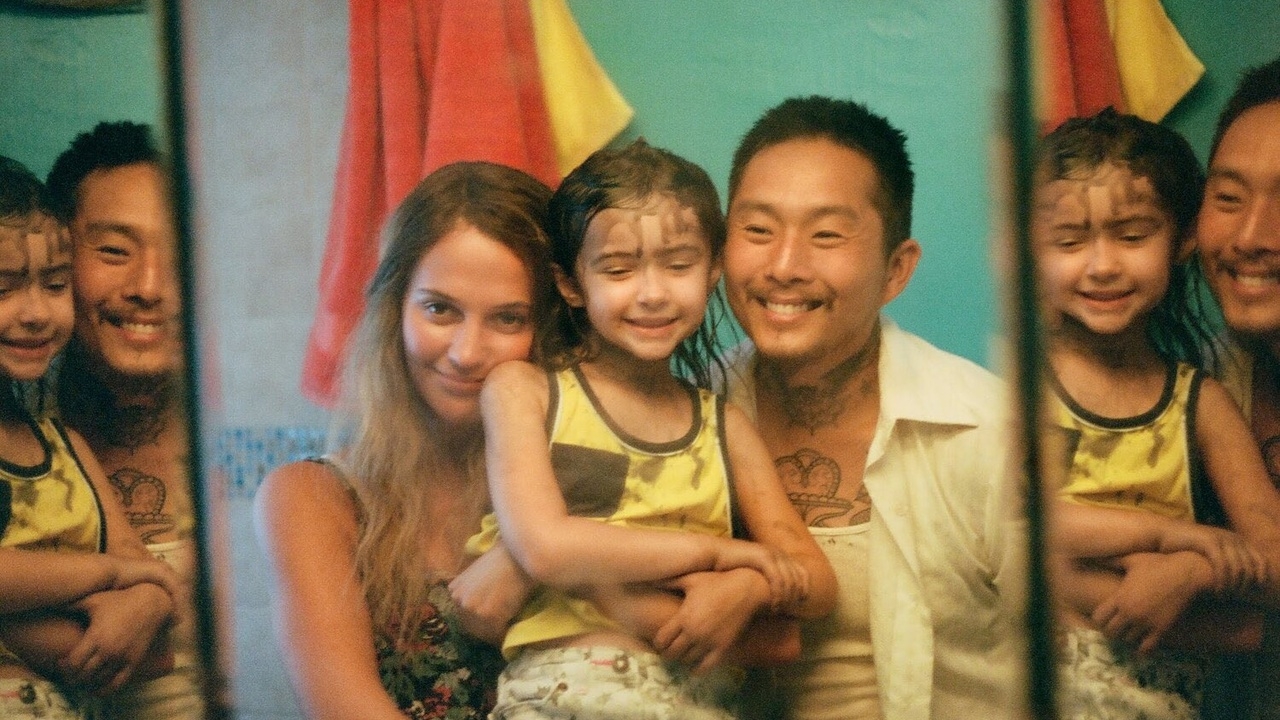
Blue Bayou (2021)
Blue Bayou features a heavy, gut-wrenching narrative that pulls a Korean-American adoptee down a bureaucratic path of loopholes towards unjust deportation, and yet the flashes of beauty which emerge in moments of serenity lend a quiet joy to his family ties that cannot be broken by time, distance, or institutional forces beyond his control.
-
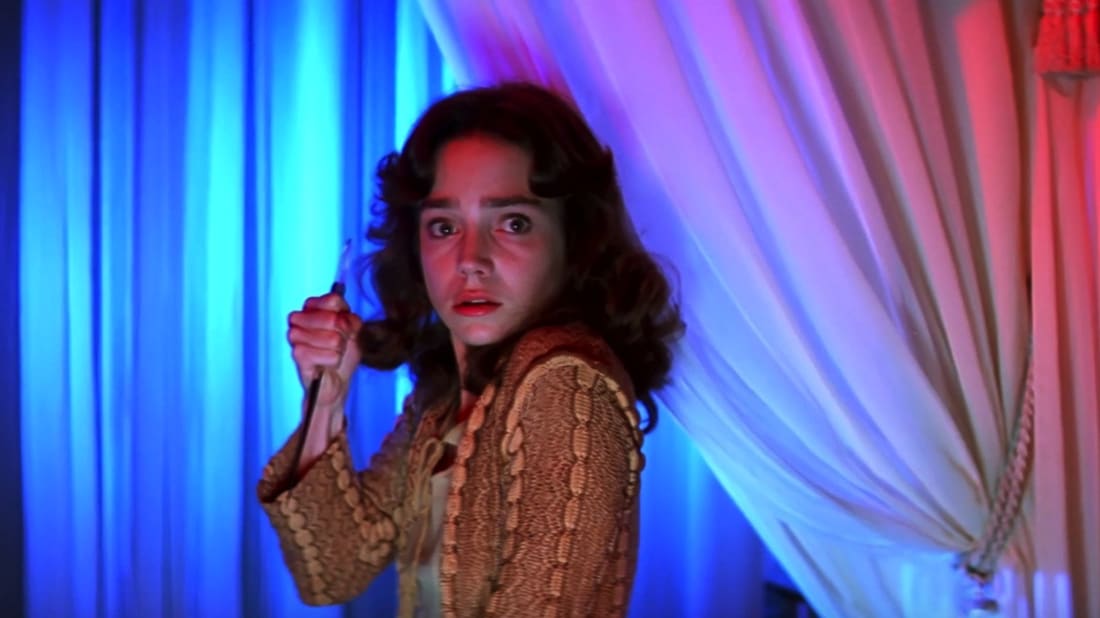
Suspiria (1977)
Dario Argento constructs one of the most audacious displays of stylistic horror to emerge from the genre since its cinematic inception in Suspiria, breaking from the tradition of dark, dreary aesthetics by reinterpreting its expressionist roots through an entirely different filter altogether – one that tunes into the striking contrasts of opposing neon colours to…
-
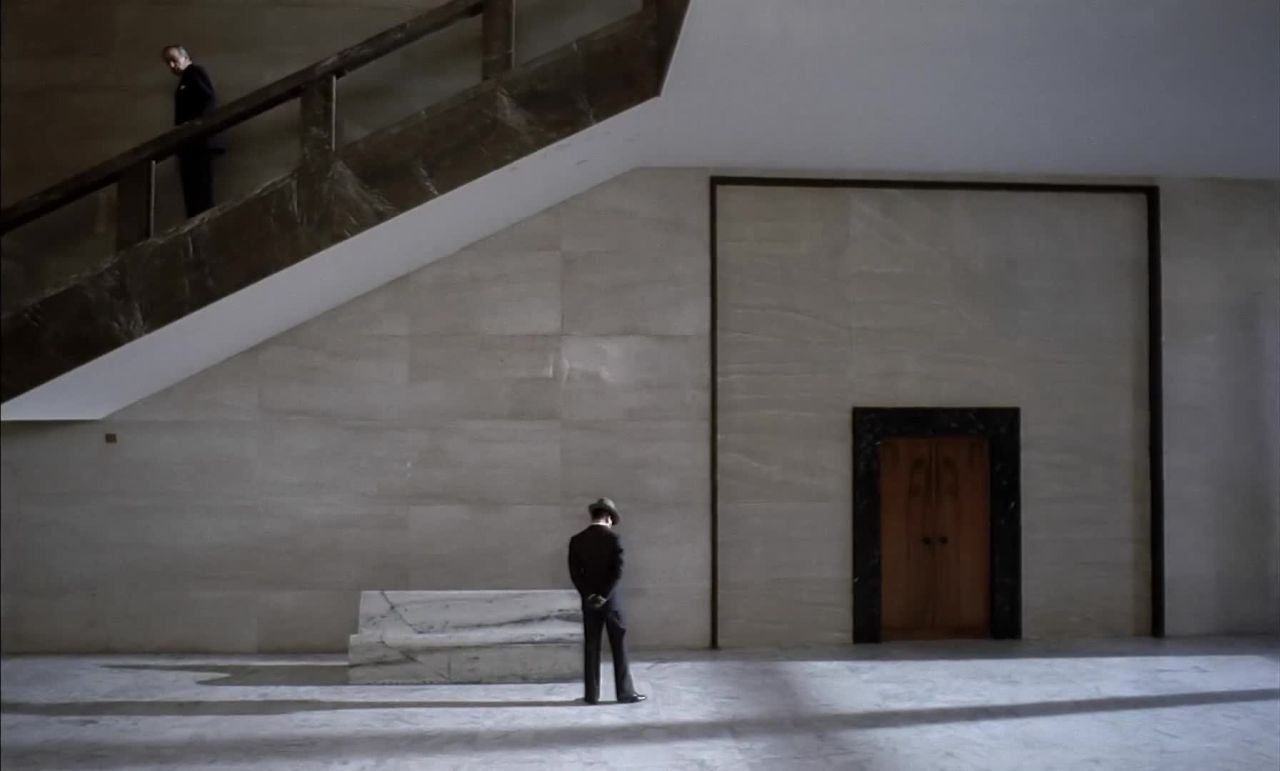
The Conformist (1970)
The sharp angles and lines of Bernardo Bertolucci’s immaculate, austere tableaux of wartime Europe are as equally unyielding as the dogmatic socio-political landscape they make up, lending this incisive attack on unthinking fascist ideologies an extra edge of bitter resentment.
-
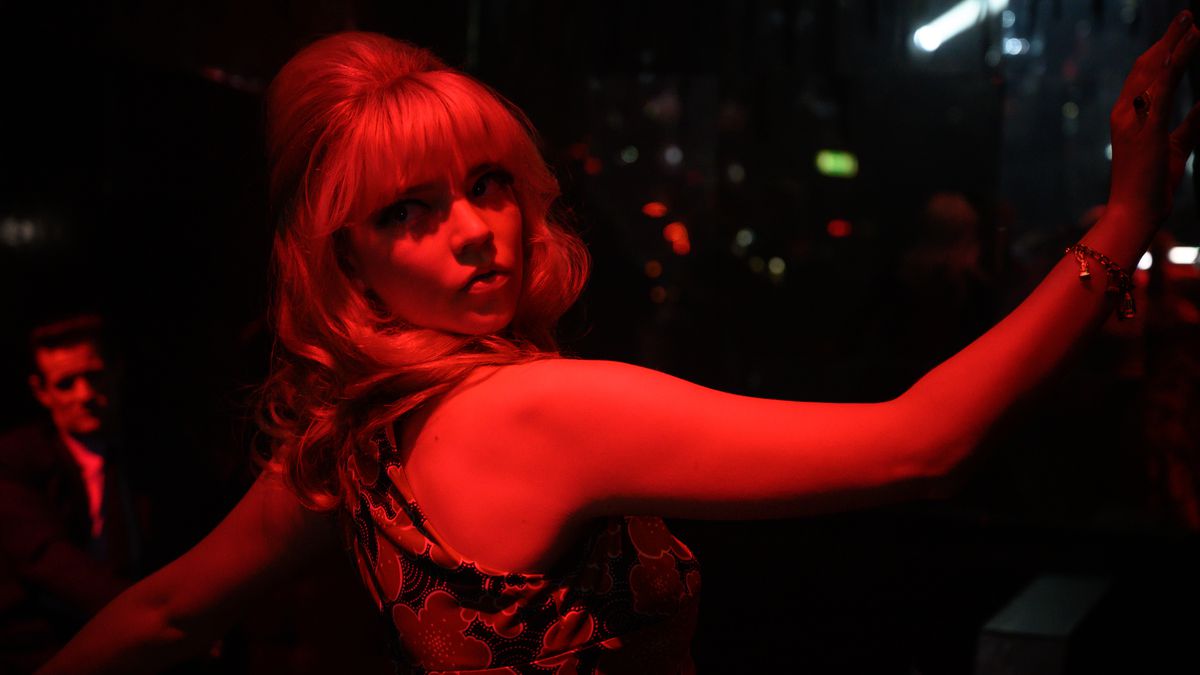
Last Night in Soho (2021)
It is through Edgar Wright’s disorientating atmosphere of intensely expressive neon washes and fluid transitions that we feel the physical worlds of aspiring fashioner designer Ellie break down in Last Night in Soho, as her nightmarish trips to the Swinging Sixties lead us into a frightening convergence of the past and present.
-
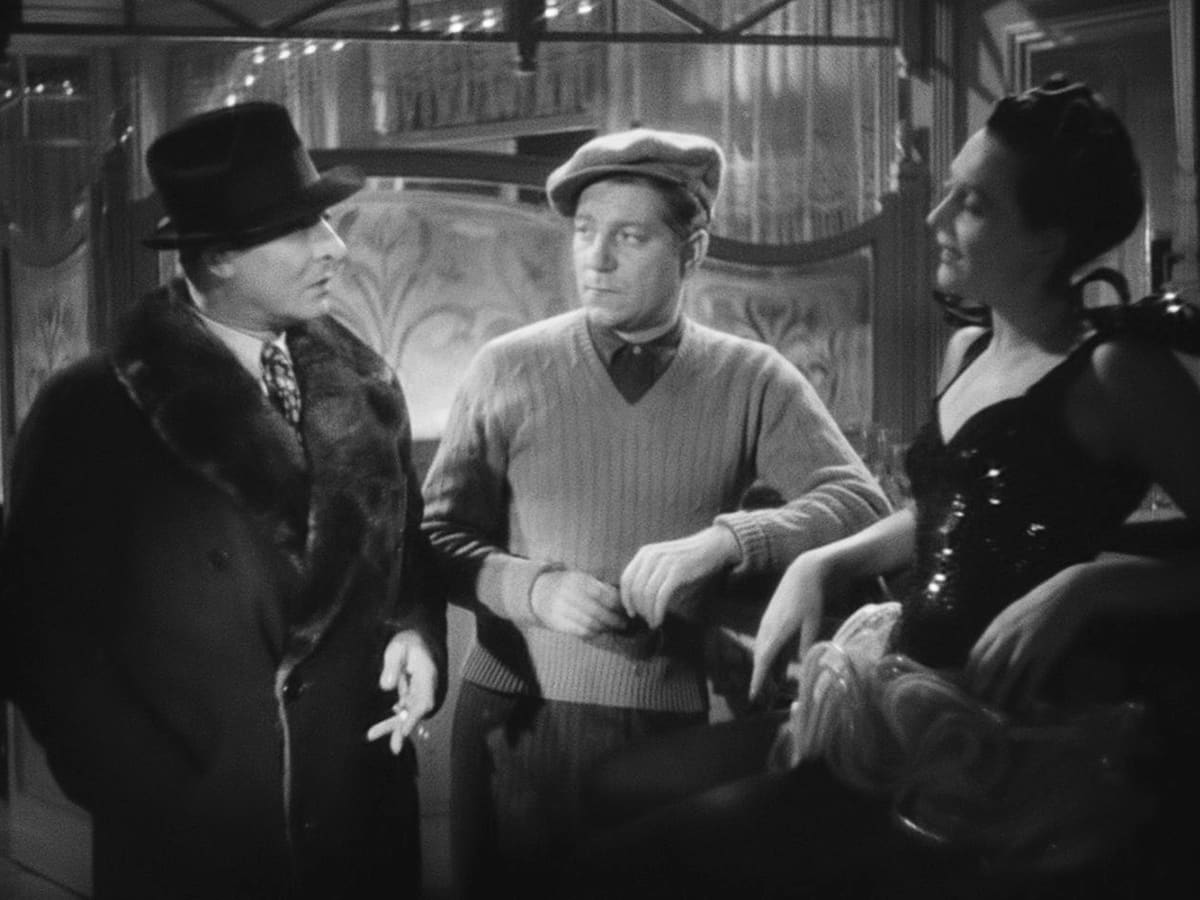
Le Jour se Leve (1939)
As a man driven to murder reminisces on the sequence of events that has led to this moment, Marcel Carne constructs a bitterly nostalgic narrative through masterful tracking shots and expressionist lighting, turning Le Jour se Leve into an indelibly moving portrait of France’s lost innocence as it heads into World War II.
-
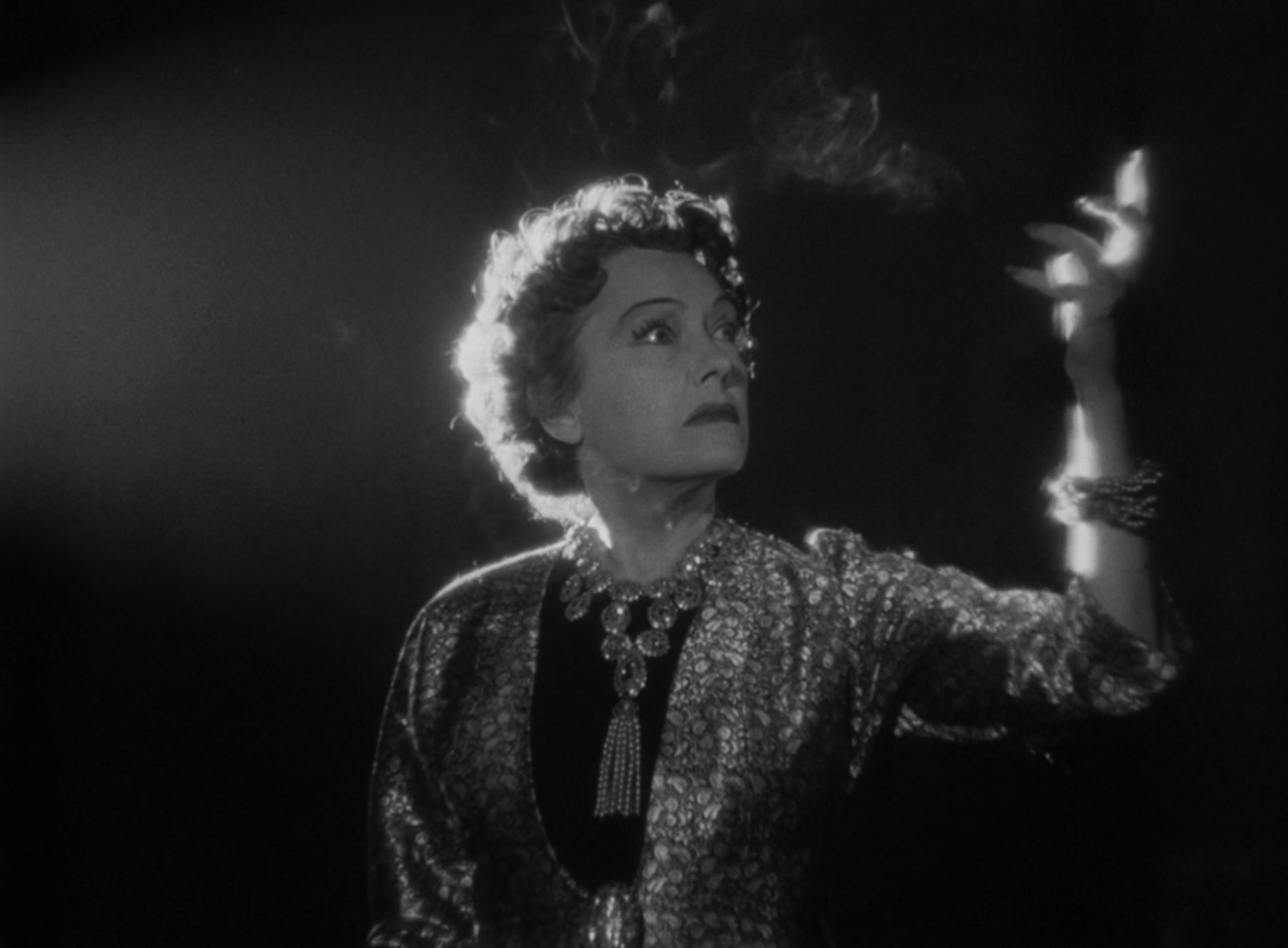
Sunset Boulevard (1950)
While Billy Wilder’s snappy screenplay for Sunset Boulevard bounces from scene to scene in crisp, elegiac prose, he also efficiently constructs one of the most tragic cinematic characters in Norma Desmond, played by a magnificently theatrical Gloria Swanson whose every line and action resounds with pride and misery of grandiose proportions.
-
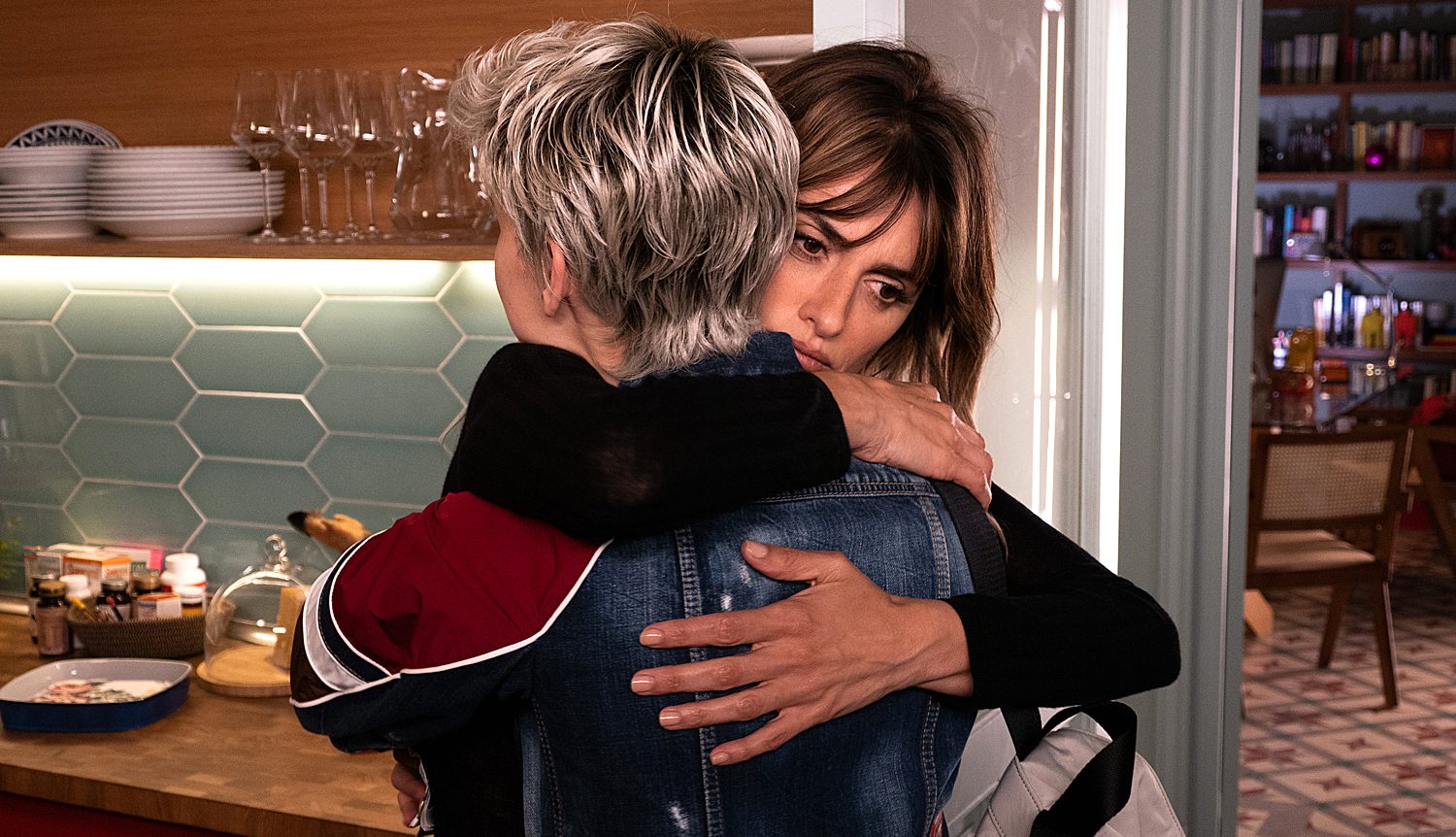
Parallel Mothers (2021)
Though the baby mix-up premise of Parallel Mothers is in itself absurdly comical, humour is only one tool in Pedro Almodovar’s arsenal to draw out the melodramatic expressiveness of his characters’ rich, colourful lives, as he delivers a personal ode to all those wide-ranging, meaningful, and unpredictable experiences of motherhood.
-
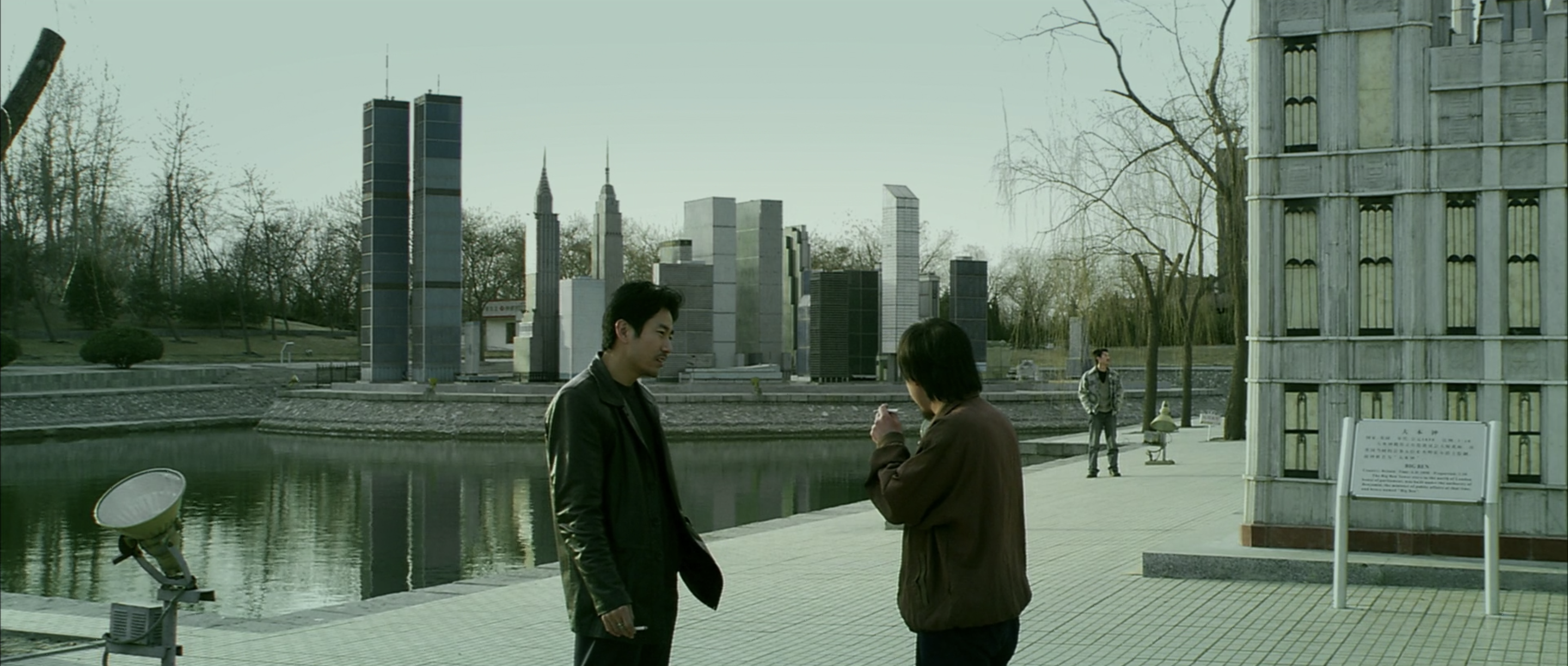
The World (2004)
There is a beautiful, architectural surrealism to the miniature replicas of world-famous monuments of The World, as the theme park where Jia Zhangke sets his film shrinks these landmarks down to a size that makes both tourists and staff look like giants, and criticises a globalised Chinese culture that allows for such a cheapening of…
-
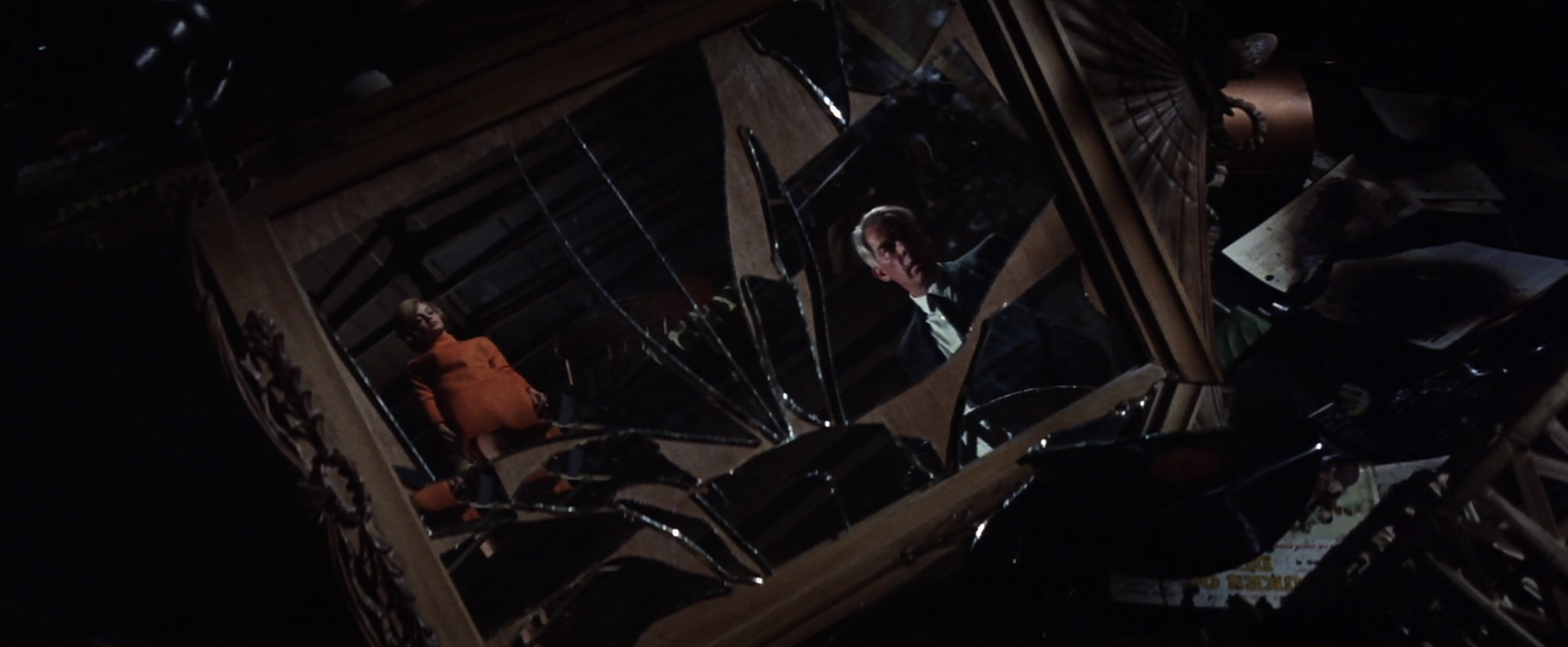
Point Blank (1967)
In straddling a line between pulpy violence and sophisticated visual artistry, Point Blank astonishingly transcends all genre trappings, as John Boorman’s confounding, non-linear narrative extracts a dizzying fever dream from the vengeful quest of a wronged man across formidable urban landscapes.
-
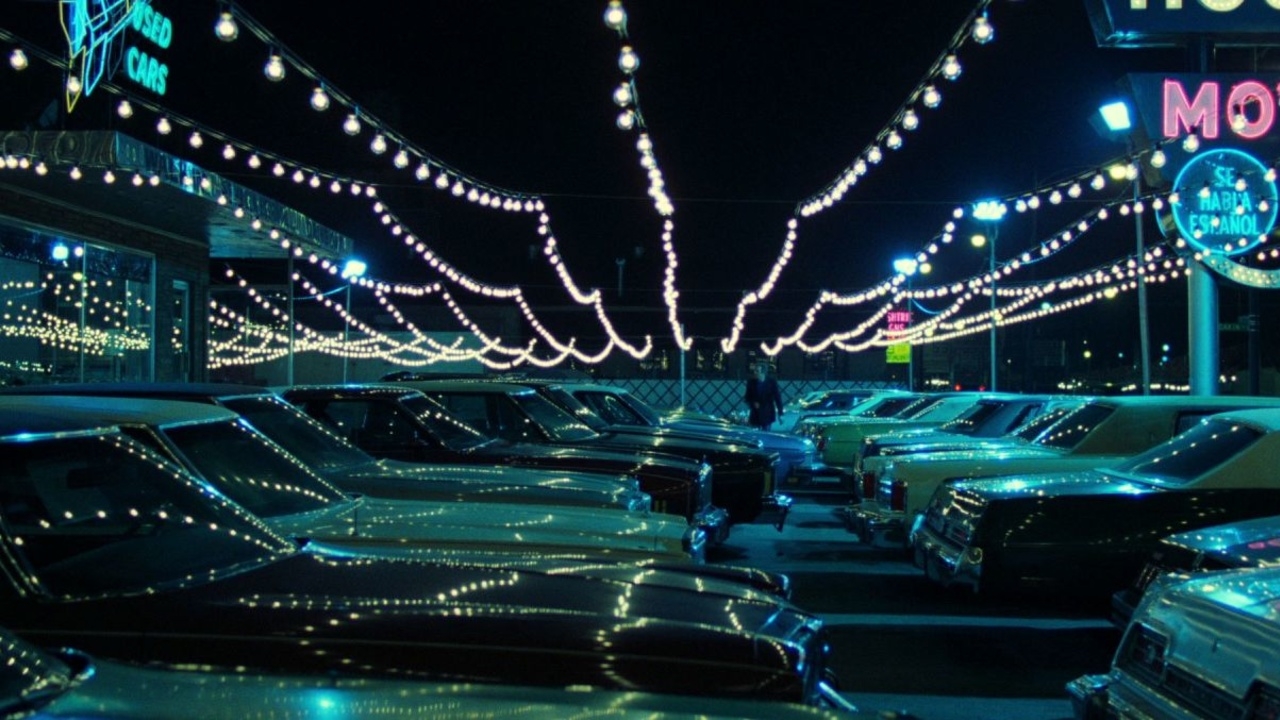
Thief (1981)
Michael Mann’s fascination with the bleary lights and architecture of sprawling urban spaces is expressed with a fully-developed cinematic voice in his remarkable debut film, Thief, but for all of the mobs and crowds that plague these dark, neon spaces, an overwhelming isolation continues to prevail and trap its inhabitants in neo-noir nightmares.
-
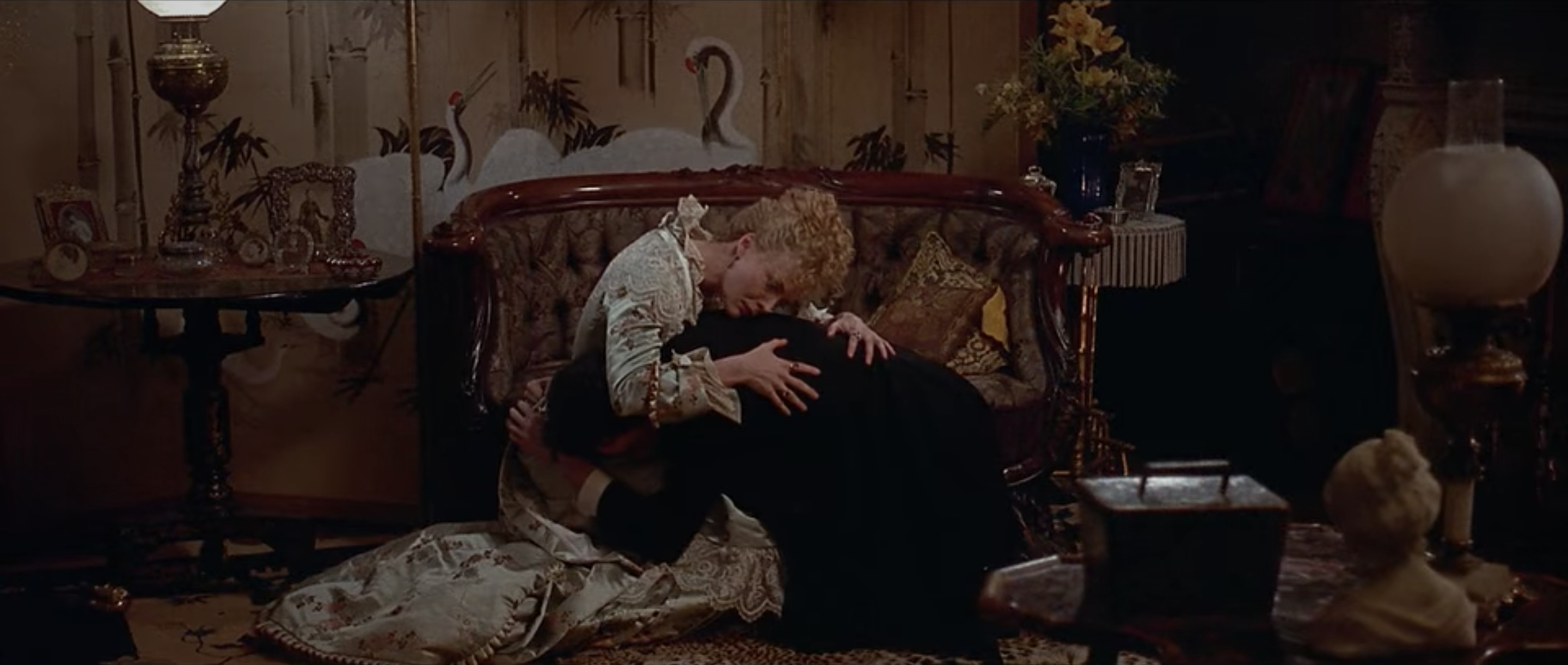
The Age of Innocence (1993)
Martin Scorsese feels surprisingly right at home in the vibrant, passionate yearning of The Age of Innocence, as he deftly tracks his camera through opulent mansions and flows from shot to shot in delicate long dissolves, presenting to us an invitation to interpret this era through a lens of subjective, impressionistic memory.
-
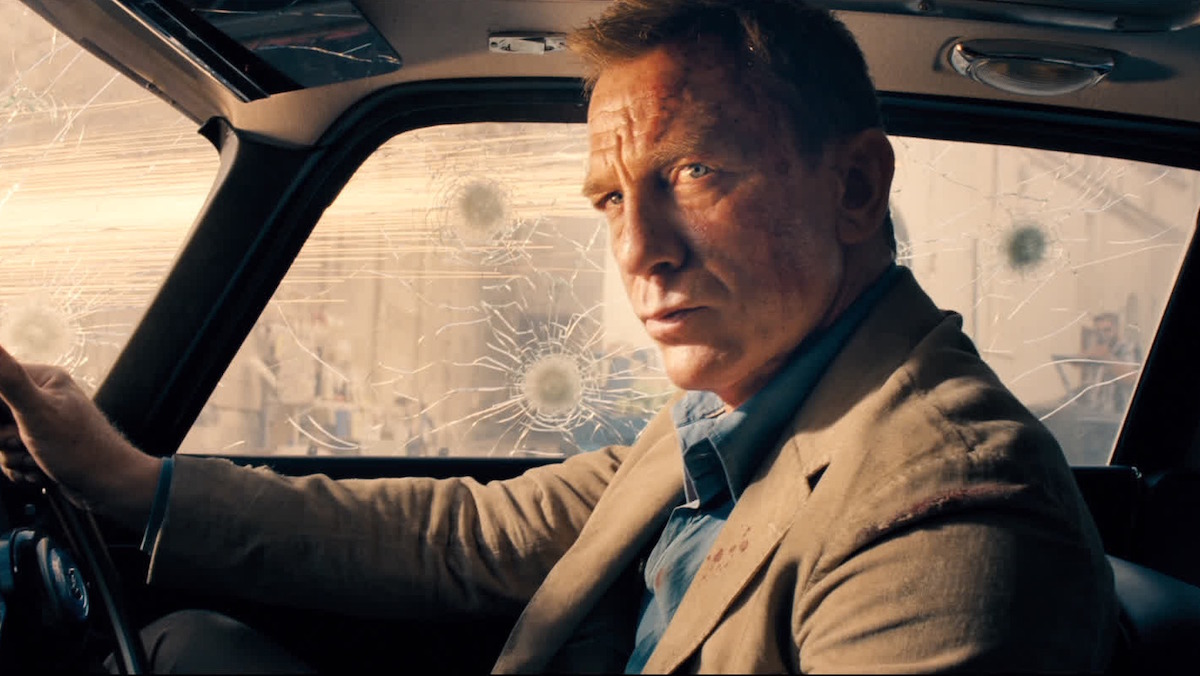
No Time to Die (2021)
Cary Joji Fukunaga’s No Time to Die presents us with an older, more mortal James Bond who is more likely to take risks out of selflessness than a reckless belief in his own invincibility, closing out an era of action cinema with a touch of poignancy that few action stars would be able imbue with…
